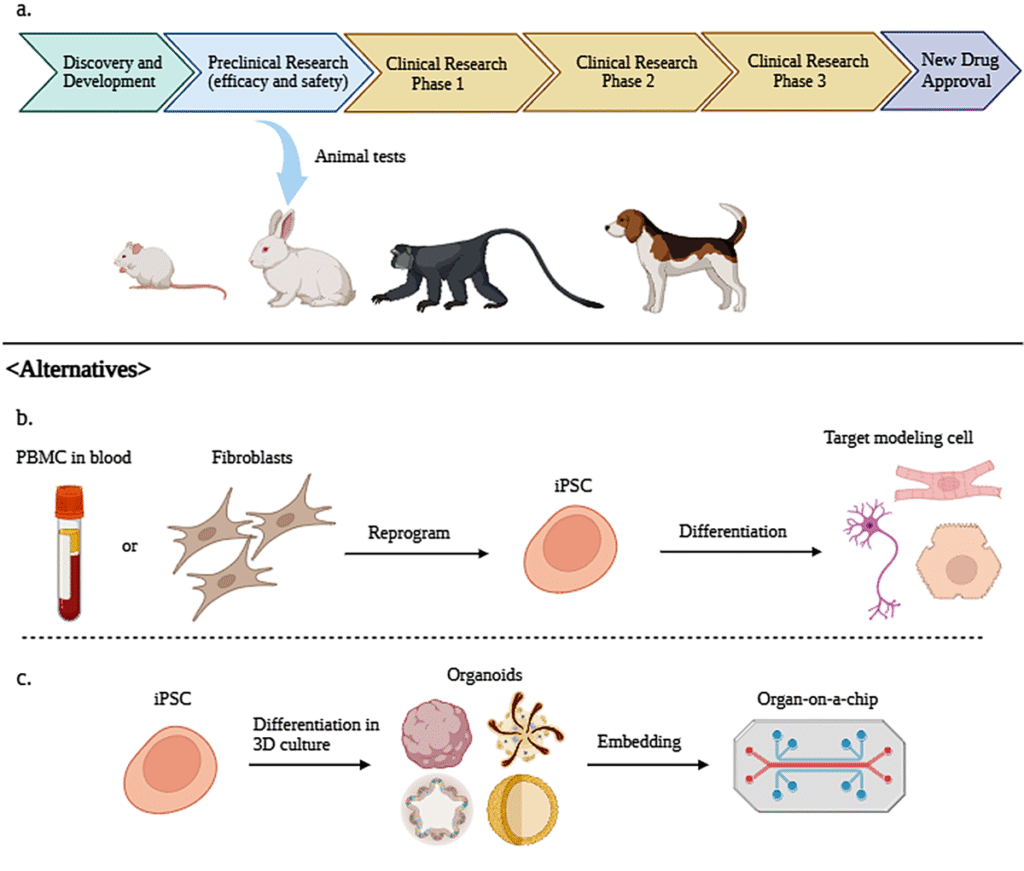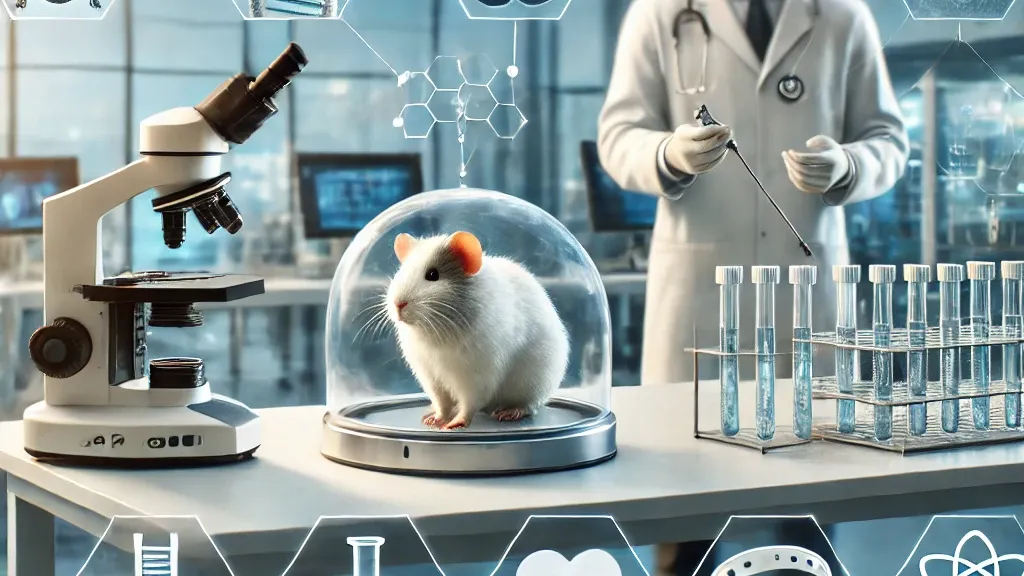In a monumental shift that promises to reshape the landscape of scientific research, the National Institutes of Health (NIH) has announced a decisive move away from outdated and inhumane animal testing methods. This decision marks a significant victory for both ethical standards and scientific progress, aligning with the principles advocated by PETA’s Research Modernization NOW initiative.

🐾 University of Washington’s Retreat: A Win for Transparency and Accountability
In a significant legal development, the University of Washington’s Institutional Animal Care and Use Committee (IACUC) has abandoned its prolonged legal battle to conceal the identities of its members. This retreat follows a series of legal defeats, including a pivotal decision by the U.S. District Court for the Western District of Washington, which ruled that public servants, particularly those making critical decisions about animal research, must not be shielded from accountability.
This transparency is crucial, as the IACUC is responsible for overseeing animal research protocols. Historically, the University of Washington has faced scrutiny for approving experiments that led to severe animal suffering, including incidents of starvation, dehydration, and even death. The recent court ruling and the committee’s subsequent withdrawal from litigation signify a step towards greater accountability in animal research practices.
🧬 NIH’s Revolutionary Shift: Embracing Human-Based Research
The NIH’s recent announcement signifies a groundbreaking pivot towards non-animal research methodologies. This strategic move involves redirecting funding and support towards innovative, human-centered research techniques, such as organ-on-a-chip models, advanced computer simulations, and 3D-printed tissues. These approaches offer more accurate and ethical alternatives to traditional animal testing.Vox+2WIRED+2Verywell Health+2
PETA’s Research Modernization NOW campaign has been instrumental in advocating for this transition, emphasizing that animal testing often fails to predict human responses accurately, leading to inefficiencies and ethical concerns. By adopting these advanced methodologies, the NIH aims to accelerate medical discoveries, reduce animal suffering, and enhance the relevance of research findings to human health.WIRED
🔬 The Path Forward: Advocating for the Closure of National Primate Research Centers
Despite these advancements, challenges remain. The seven National Primate Research Centers continue to operate, often engaging in practices that have resulted in significant harm to primates. These centers have been criticized for their failure to deliver on promises of medical breakthroughs and for their continued use of outdated and inhumane research methods.Vox
Advocacy groups, including PETA, are calling for the closure of these centers, urging the reallocation of funds towards ethical and effective research alternatives. The closure of these centers would not only prevent further animal suffering but also redirect resources to more promising and humane scientific endeavors.
📢 How You Can Make a Difference
As a concerned citizen, you can play a pivotal role in this transformative movement. Here’s how:
- Support Ethical Research: Encourage institutions and policymakers to invest in non-animal research methods.
- Advocate for Transparency: Demand accountability from research institutions regarding their animal testing practices.
- Stay Informed and Engaged: Follow organizations like PETA to stay updated on developments and opportunities to take action.
Your voice is crucial in shaping a future where science progresses without compromising ethical standards.
For more information on the ethical implications of animal testing and ways to get involved, visit Sustainable Action Now’s Animal Testing page.
Note: The information provided in this report is based on publicly available sources and is intended to inform and inspire action towards more humane scientific practices.
Sources


